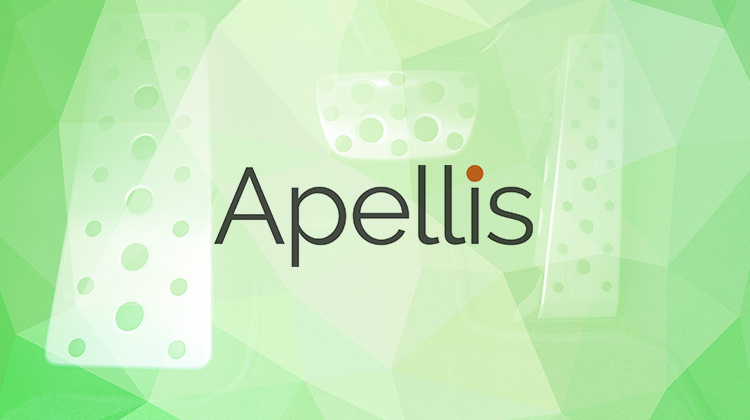Apellis IPO Road Show Takes Different Route

Putting Brakes on IPO, Apellis Lines Up Private Funding
As the stock market took its 2016 nosedive, geographic atrophy drug developer Apellis Pharmaceuticals joined the parade of biotech companies that put the brakes on planned public offerings and turned back to private equity for the capital to drive their development programs.
Apellis filed last fall for an initial public offering, but never pulled the trigger. Last week the Louisville, KY, company notified the Securities and Exchange Commission that it was withdrawing the IPO, one of four moves by biotech companies in recent weeks to steer clear of the public markets. Apellis was expected to raise $86.25 million with the IPO.
But that didn’t mean Apellis, which is developing an intravitreal treatment for geographic atrophy, was without options. Days after withdrawing the IPO, the company placed $47 million in Series D financing. That’s on top of $33 million it raised in a private Series C issue in December, just weeks after it filed for the IPO.
Apellis is developing two drug candidates, APL-2 and APL-1, that target inhibition of the complement component C3. Besides its program for intravitreal therapy with APL-2 to inhibit growth of retinal lesions in geographic atrophy, the company is focusing on the rare bone marrow disease paroxysmal nocturnal hemoglobinuria (PNH) and chronic occlusive pulmonary disease. All three programs focus on the potential of complement inhibition to correct pathogenic Th17 immune responses.
“Our unique approach to broadly inhibit complement C3, the central protein in the complement cascade, is designed to significantly transform the treatments of patients with autoimmune and inflammatory diseases,” says Apellis founder and CEO Cedric Francois, MD, PhD. “This financing allows us to advance our broad pipeline, resulting in up to three clinical programs by the end of 2016.”
APL-2 is a next-generation inhibitor of the class of compstatin derivatives with improved physicochemical properties. It has received Orphan Drug Designation from the Food and Drug Administration to treat PNH. APL-2 inhibits complement at the levels of complement factor C3, thus blocking all downstream effector pathways of the complement cascade.
The Series C financing in December was led by Morningside Ventures and AJU IB Investment Co. Ltd., with Epidarex Ventures participating with follow-on funding. The Series D round was led by Cormorant Asset Management, Hillhouse Capital Group, and venBio Global Strategic Fund.
The same day Apellis withdrew its IPO, anti-attention deficit hyperactivity disorder drug developer Neos Therapeutics withdrew a follow-on offering valued at $69 million. Days before that, PLx Pharma Inc., developer of a sustained-release drug delivery system, pulled its $68 million offering. And KemPharm Inc., developer of non-addictive pain medication, also withdrew a follow-on public offering in recent weeks.
Apellis last year announced the appointment of many prominent retina specialists to its scientific advisory board, including Jason Slakter, MD, of New York University School of Medicine; Philip J. Rosenfeld, MD, PhD, of Bascom Palmer Eye Institute at the University of Miami; Johanna Seddon, MD, ScM, of Tufts University in Boston; Janet Sunness, MD, medical director of Richard E. Hoover Low Vision Rehabilitation Services at Greater Baltimore Medical Center; and Gabriel Coscas, MD, of Bascom Palmer.
